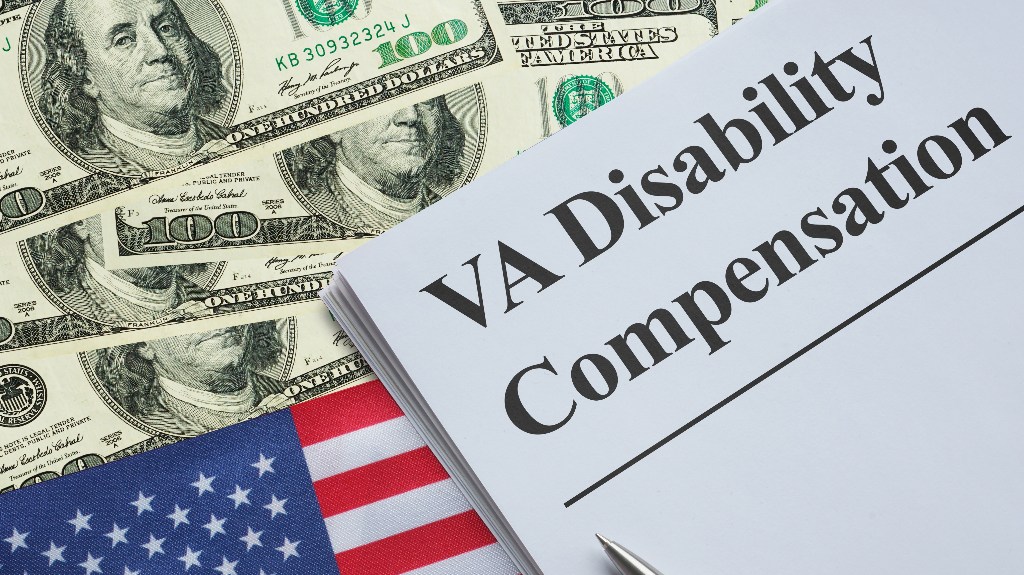
At Tabak Law, we stand alongside those who have been injured or disabled and face some of the toughest challenges in life. We help them navigate the benefits system of the US Department of Veterans Affairs, which can be difficult. Two crucial but often confusing benefits are VA pensions and VA disability compensation. Understanding the differences between these benefits is the first step to securing the financial support you deserve.
Defining the Two Benefits: Purpose and Origin
The most significant difference between VA Disability Compensation and VA Pension lies in the reasons why each benefit is provided.
- VA Disability Compensation is a tax-exempt monetary benefit paid to veterans who have disabilities resulting from a disease or injury that occurred or was aggravated during military service. This compensation is intended to provide financial assistance for the harm experienced while serving the country. VA officially defines service-connected disabilities as conditions that developed or worsened during active duty, training, or other activities while serving.
- VA Pension is a means-tested benefit provided to veterans who are permanently disabled or age 65 or older and have limited or no income. This pension is not based on specific service-related injuries, but rather on the financial needs and inability to work of the individual. The eligibility criteria for the pension are outlined in 38 U.S.C. § 1521
Eligibility Requirements: A Stark Contrast
The requirements for each benefit are different and do not overlap.
To be eligible for Veterans Affairs (VA) disability compensation, a veteran must meet the following criteria:
- They must have been separated from the military under conditions other than dishonorable.
- They currently have a physical or mental impairment.
- They incurred an injury or illness while serving, or their existing condition was aggravated by service.
- There is a connection between their current disability and time in service.
To be eligible for a Veteran’s Affairs (VA) pension, a veteran must meet the following requirements:
- They must have been discharged from the military under conditions other than dishonorable.
- They must have served at least 90 days on active duty, including at least one day during a VA-recognized period of wartime.
- Their countable income must be below a yearly limit set by Congress.
- They may be permanently and totally disabled, or a patient in a nursing home, or receiving Social Security Disability Insurance, or age 65 or older.
Financial Considerations: Income vs. Disability Rating
How the VA calculates your payment is another significant point of difference.
Disability Compensation
The payment amount is primarily determined by your disability rating, which is given by the VA and ranges from 0% to 100%, in increments of 10%. This rating reflects the severity of your condition, and the higher the rating, the larger the monthly payment you will receive. You can visit the VA’s website to view the current rates for disability compensation and understand how they work. Additionally, there may be additional allowances available for dependents or for specific severe disabilities.
VA Pension

The payment amount is determined based on your financial needs. The VA will calculate your “countable” income, which includes almost all sources of income. The annual pension amount is then adjusted based on this countable income. If you have significant medical expenses, such as nursing home care or home care services, you may be eligible for a higher monthly pension payment through the Aid and Attendance or Housebound programs.
The Claims Process: Proving Your Case
The burden of proof for each claim varies.
- For Disability Compensation, the emphasis is on medical evidence. You need to provide proof of your current diagnosis, evidence of an event that occurred during service, and a medical opinion linking the two. This can be the most complex aspect of the claim.
- For Pension, the emphasis is on financial and general health information. You need to provide documentation of all your income and net worth, as well as medical proof showing that you are permanently and totally disabled or meet the age requirement.
You Don’t Have to Navigate This Alone
While these benefits were created to show appreciation for veterans, the Veterans Administration (VA) does not always treat them as heroes. Often, claims are wrongfully denied due to missing evidence, improper filing, or failure to establish the necessary connection. The appeals process can be lengthy and challenging, but it does not have to be handled alone.
If you’re unsure about which benefits you qualify for or if your claim has been rejected, we can assist you in finding hope in the midst of hardship. For a free consultation, contact us online or call our office at (414) 626-2668.
